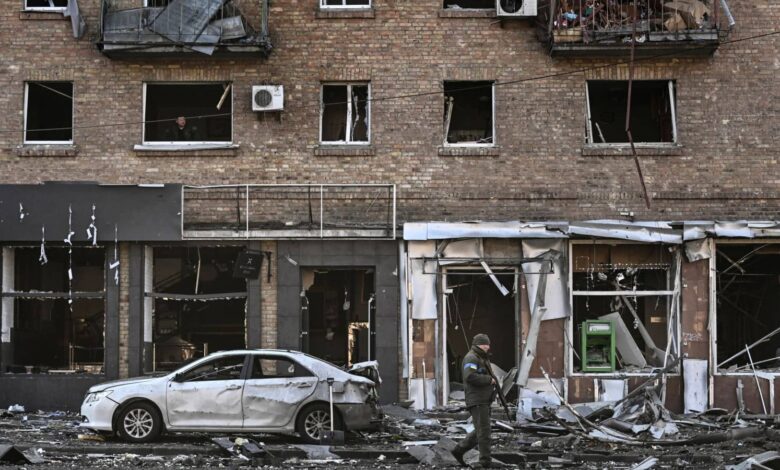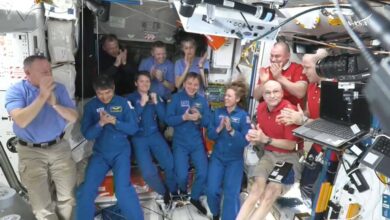
Ukraine’s Cross-Border Offensive Sparks Kremlin Fury and NATO Accusations.
As Ukrainian troops mount an audacious offensive into Russia’s Kursk region, capturing scores of towns and settlements, the Kremlin and its allies have responded with a mix of fury and accusations, blaming NATO for masterminding the daring incursion.
Residents of the affected areas have been forced to flee their homes, scrambling to find safety as electricity and water supplies were cut off.
Elena, a resident of Sudzha, now under Ukrainian control, recounted her harrowing journey to the city of Voronezh, where she is staying with friends. “It was not an easy journey,” she said, describing how her cat, Roo, added to the stress by breaking free from his carrier and hiding under the car seat.
While the Russian government has offered evacuees a one-time payment of 10,000 roubles (just over $100) as compensation, with the potential for additional payments in case of serious injury, the situation remains tense. President Vladimir Putin has vowed a “worthy response,” ordering security services to conduct a “counterterrorist operation” in the region.
The Russian media, largely aligned with the Kremlin, has grudgingly acknowledged Ukraine’s success, with columnist Mikhail Rostovsky of Moskovsky Komsomolets referring to the “strong and unexpected move” by the “Zelenskyy regime.”
Politician Leonid Gozman, writing in Novaya Gazeta, praised the Ukrainian troops’ “high professionalism and creativity,” while also criticizing Russia’s defense capabilities and lack of resistance from its citizens.
Pro-Kremlin media outlets have repeatedly accused Ukrainian forces of targeting civilians, including a drone strike on an ambulance and reports of soldiers opening fire on cars and taking captive volunteers aiding evacuation efforts.
In a fiery tirade on his talk show, Putin-friendly TV host Vladimir Solovyov accused Ukraine’s Western backers of masterminding the incursion, claiming it was “developed by NATO specialists” and involved mercenaries and unprecedented amounts of Western equipment. He also lashed out at Telegram channels and media outlets for allegedly sowing panic.
Retired Lieutenant Colonel Roman Shkurlatov told Izvestia that the enemy’s goals could include showcasing their offensive capabilities, securing a foothold for future negotiations, or forcing Russia to divert reserves from other fronts.
Alexey Malinin, founder of the Center for International Interaction and Cooperation, told Al Jazeera that from the Russian perspective, the Kursk incursion is counterproductive to peace talks and will only delay negotiations. He warned that after resolving the Kursk situation, the Russian military would retaliate with an “intensive offensive.”
As the conflict escalates and accusations fly, the situation in Kursk underscores the tensions and complexities of the ongoing conflict, with both sides vying for strategic advantages and leveraging their resources to gain the upper hand.



